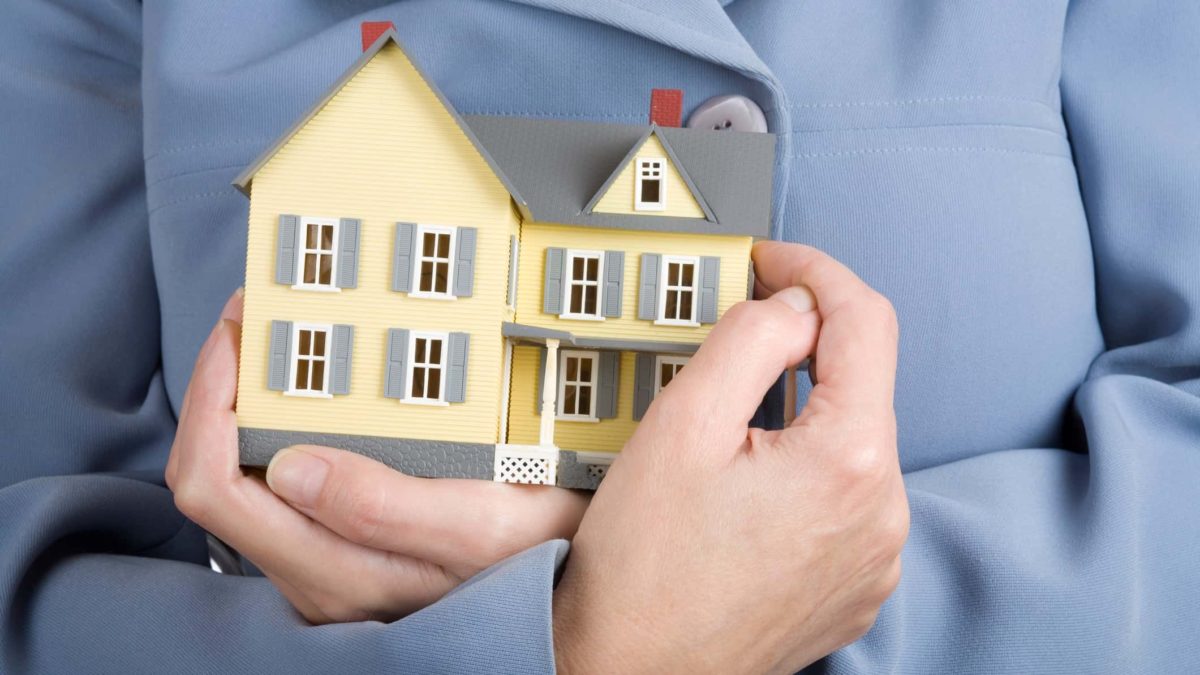Here's the thing about property prices: once you accept that houses and units have become a mainstream 'financial' asset (as opposed to a 'lifestyle' asset), the recent surge shouldn't be a surprise.
But, not just that.
It should have been expected.
We have known for decades that when money is cheap (i.e. interest rates are low), asset prices tend to be higher than they otherwise would be.
When money is expensive (when rates are higher), asset prices tend to be lower.
It is Economics 101: the law of supply and demand.
We see supply and demand playing out clearly in the affordability statistics: property repayments, as a percentage of income, are cheaper now, than they've been in years.
What?
No, I didn't say 'prices'.
I said 'repayments'.
It has always been the case that most of us pay more attention to our 'borrowing capacity' than our 'borrowing comfort'.
We ask — sometimes ourselves, sometimes the bank manager or broker — 'How much can I borrow?' or 'What can I afford to buy?'
And the answer is generated by working out what fortnightly/monthly payments you can afford, which is then reverse engineered into a dollar figure to work out how much you can afford to pay for your new house or unit.
I know you're probably ahead of me by now, but just in case: at a given repayment level, the lower the interest rate, the more you can borrow.
So, as interest rates have come down, affordability (as a percentage of income) doesn't change, BUT affordability (expressed in total dollars you can use to buy a house) goes up.
You don't have to like it.
I don't have to like it.
But that's the (pretty basic) maths.
And so you don't have to do it yourself, here's what MoneySmart says:
If you could afford to repay, say, $4,000 per month (and assuming no mortgage fees) you could borrow $949,000 million at 3%
But, then rates fell…
Now, if you could still afford to repay $4,000 per month, and rates come down to, say, 2%, you can borrow $1.082 million.
That's a 14% increase.
You don't have to borrow more, of course.
But you probably didn't ask the bank manager 'How much could I have borrowed 12 or 24 months ago?', did you?
No-one else does, either.
So, in an incremental and invisible quasi-auction, prices slowly (or not so slowly) creep up, as competing would-be buyers have more to spend.
Yes, we truly are our worst enemies. Or, more accurately, we're each other's worst enemies.
At least if you're a would-be buyer.
If you're a seller, you're more than happy for this to play out.
By now, a decent number of you are metaphorically, if not literally, yelling at your device right now.
You're saying that it's not right.
Not fair.
That it's the Boomers' fault.
Or the government's.
For what it's worth, I think the intergenerational blame game is pretty boring (I'm yet to be invited to a meeting of my generation to decide what we're going to do to you others!), but the impacts are very real.
I'm not sure high(er) house prices are particularly good for our society (though it's also true that the money goes around, so it's not like those high prices are removing money entirely from circulation).
But, again, it's no less affordable, at current rates — I think the 'sticker price' of a house is missing the main game.
Others of you (and some of the same people as above) are yelling that the maths also works in reverse — that as interest rates go up, borrowing capacities will reduce (sans reasonable wages growth).
Which is exactly right.
And this one, I think, is the real issue.
If you're buying a house because prices always go up, or because they don't — or can't — come down, I hope this is a dose of reality.
There was a time, when deposits were higher, bank managers were more cautious, and housing wasn't seen as a financial asset in the same way.
But that was decades ago.
And since the early 1990s rates have really only gone one way (with small interludes): down.
We're yet to really live through a meaningful 'tightening cycle' (rates going up) with this level of indebtedness and with property well and truly a 'financial asset'.
So, it will pay to be ready, mentally, emotionally and financially.
No, I'm not forecasting price falls. I don't do predictions.
But I'm saying, very clearly, that it's very, very possible.
That you should be prepared for it.
And that, particularly if you're investing in property, you should be careful.
Yes, property bulls, I hear you; the same is true of share prices. But there's one difference. Profits tend to go up, over time, and — at least over the long term — at a faster rate than wages.
Meaning that, all else being equal, I expect share prices to be less impacted, over the long term and on average, than housing (whose 'earnings' — the wages of the mortgage-holder — won't grow anywhere near as fast) from such a change.
Could I be wrong?
Yep.
About any or all of the above.
But I don't think I am.
And at the very least, I hope you'll seriously consider the odds that I'm right, and the impact on you, and on your investments.
(And, if you haven't already, why not give the Motley Fool Money podcast a listen!)
Fool on!









